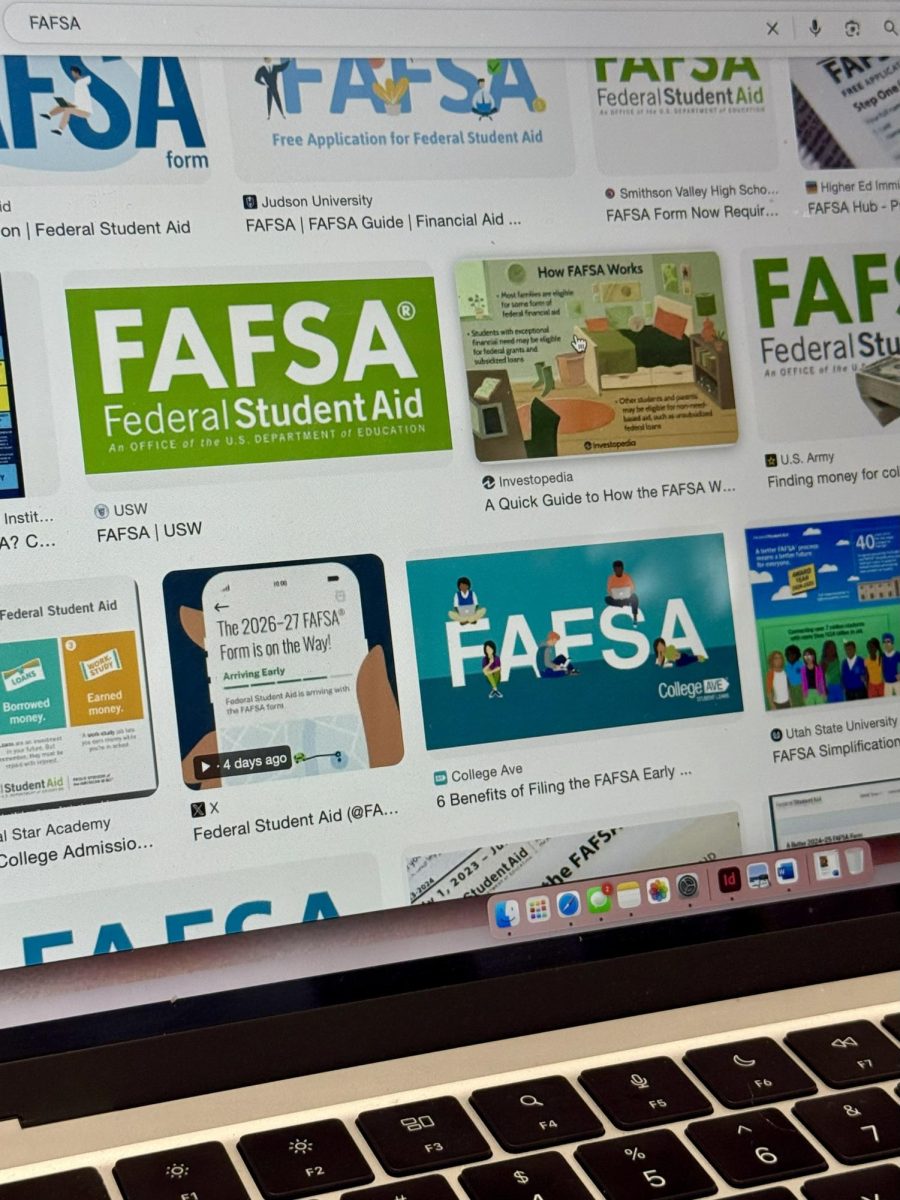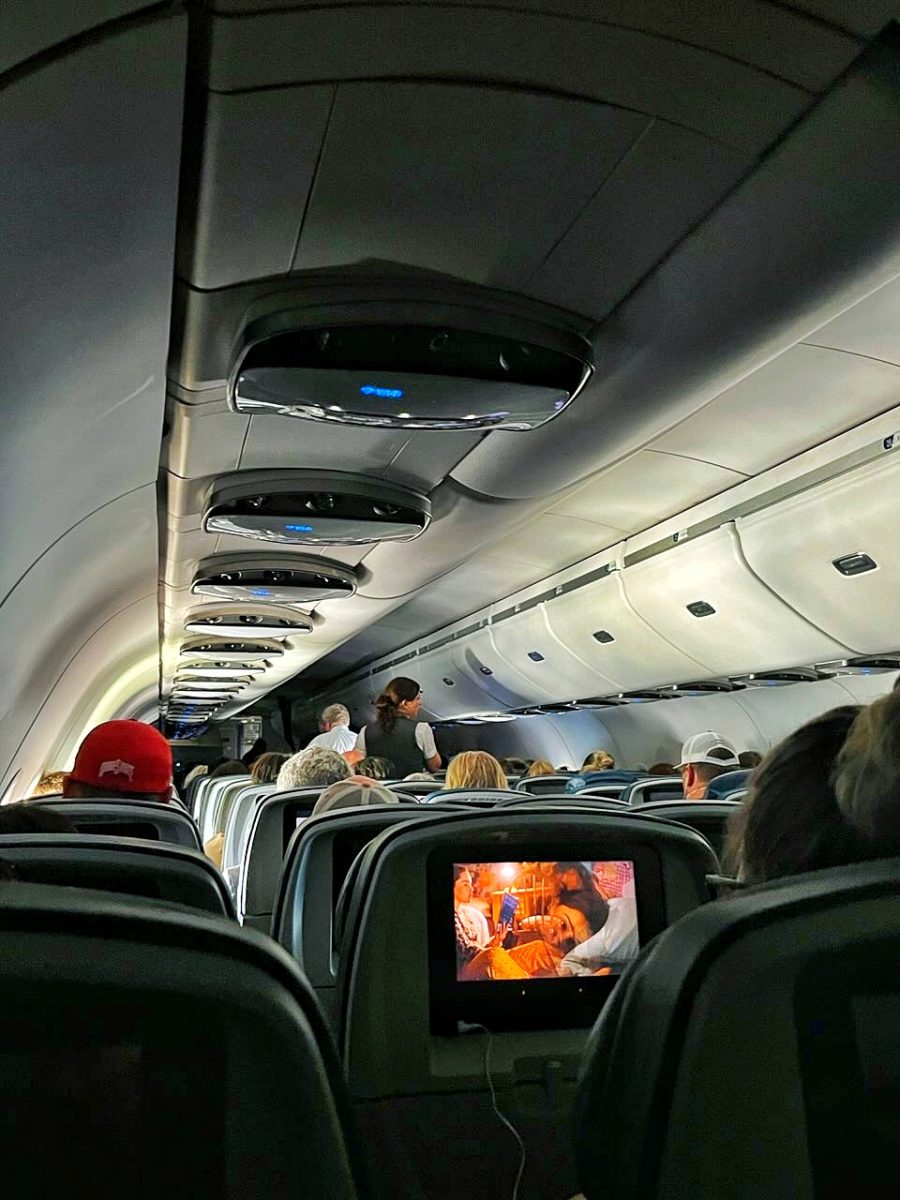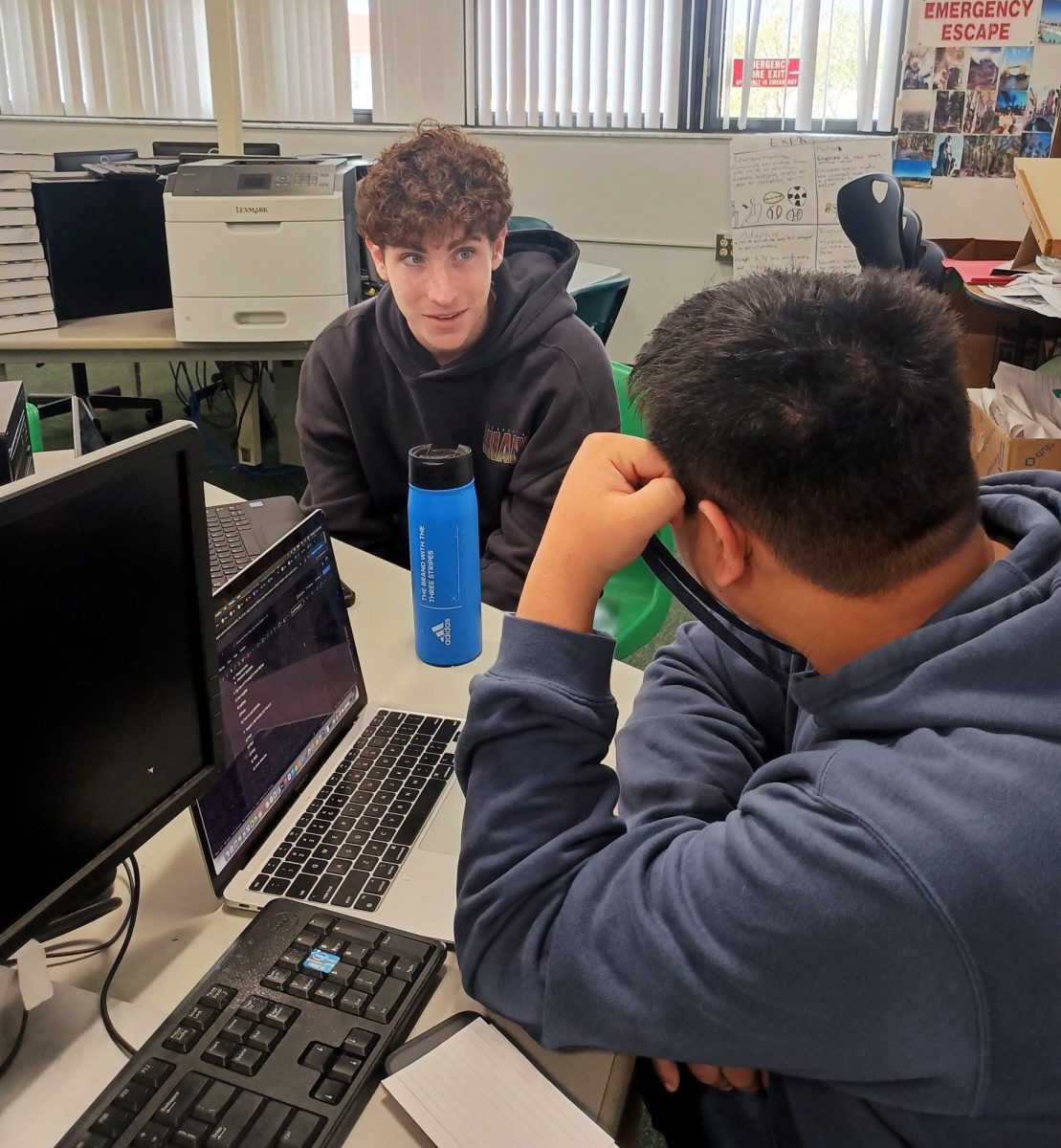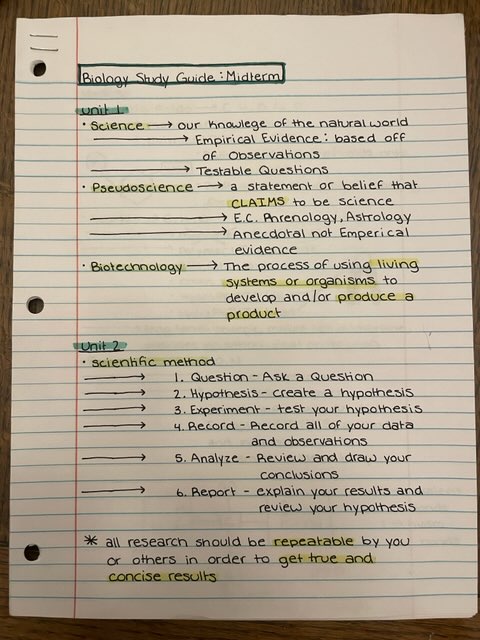As the fall term concludes and final grades are entered, many students begin to feel the stress of school come down upon them. Long class periods every day, homework every night, and extracurriculars take up the free time to do it all. With the continuous pressure to perform for hours at a time, students begin to question if the effort matches the return. But what exactly can be changed to help a student relieve their stress and maximize their time?
In this sense, homeschooled students feel as though they are able to accomplish more tasks and spend more time on individual assignments. They also find it less stressful to complete work in their home environment. An interview with a homeschooled high school senior and a public in-person high school student was conducted in order to weigh the pros and cons between the two.
Many people currently believe homeschooling to be an untraditional route and socially restricting. Gavin Gassler, an online high school senior, believes the success of online students depends entirely on their personality. “If I were to be a more social person, I think I would do great in in-person schooling, but I find that I work best when it’s just me,” he states. While flexible schedules and solitude are great, what are the potential downsides? Gavin says that frequently, he can feel unmotivated, and there’s no one to hold him accountable.
Contrarily, in-person high school junior Grace Ipalawatte loves the social aspect of schooling and says she learns much more insight from her in-class conversations with peers. Although the timing is tight and school gets stressful, she thinks it’s both the support system of faculty and staff that make things easier for her.
Regardless of which type of school is deemed “best” or “most successful,” it is the type of student that matters. Introverts vs. Extroverts, Independent learning vs. Collaborative learning, and Strict schedules vs. Flexible schedules. These are all wrapped up in deciding which type of student one is to select the right schooling for them.















